Gone are the days of pregnant moms only discovering their baby's gender at birth. With medical technology advancing all the time, moms-to-be can be very hands-on with their pregnancies.
Normally, this is a good thing. Technology like the 3D ultrasound give new parents a chance to interact with their babies before they're even born.
Once in a while, though, new technologies actually make life harder for moms and their fetuses.
For example, new pregnancy tests can tell women if they're pregnant up to six days before a missed period. This can get potential parents overly excited, even though the chance of miscarriage is higher in the first few months of pregnancy.
Now there's a new pregnancy trend that may be life-threatening for unborn babies: at-home fetal heartbeat monitors, or Dopplers.
Being able to listen to your baby's heartbeat might make you feel extra connected to your little one, but it can actually be hugely problematic.
Thumbnail Photo: Max Pixel
[H/T: Bustle]
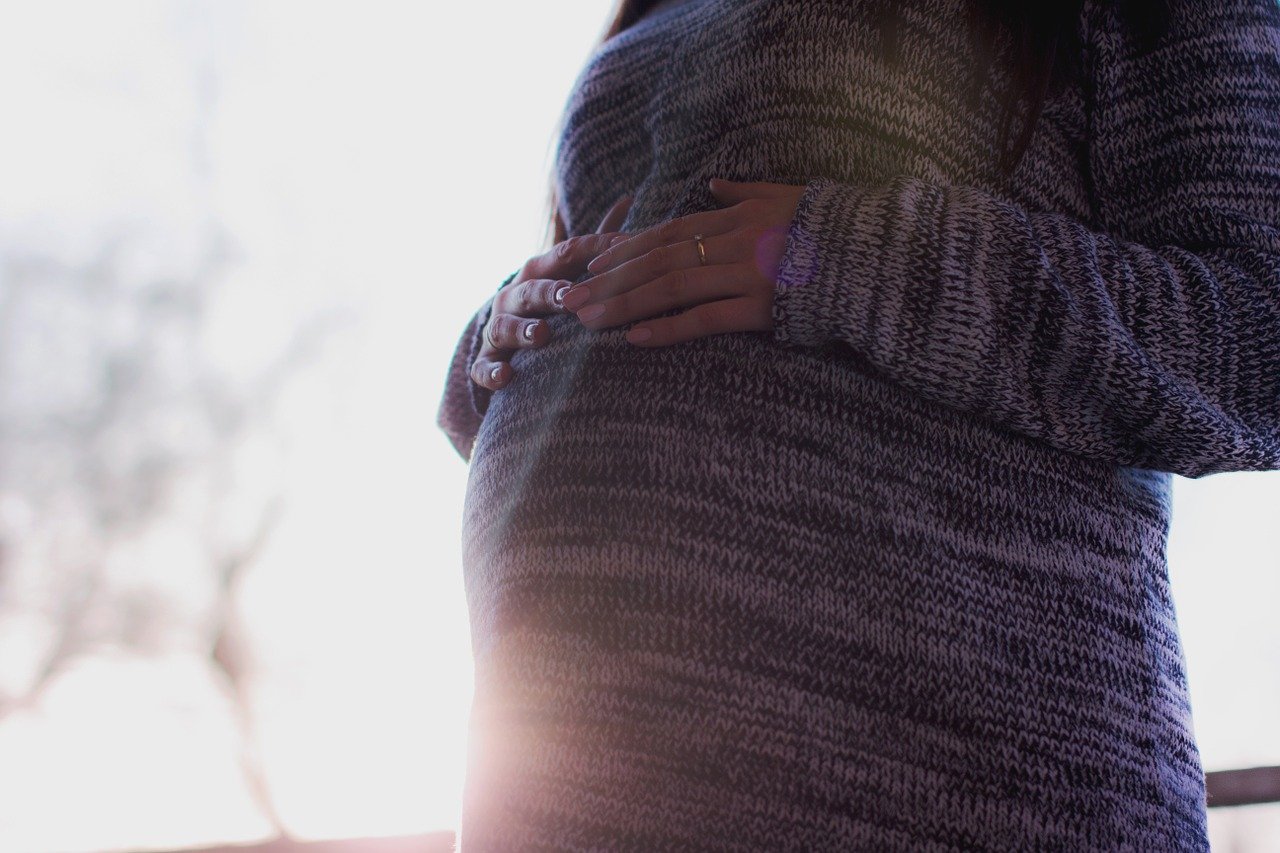
When women find out they're pregnant, they often want to feel as connected as possible to their babies.
For decades, women have done so by decorating their baby's future nursery, picking out a name, or throwing baby showers to celebrate their infant's upcoming arrival.
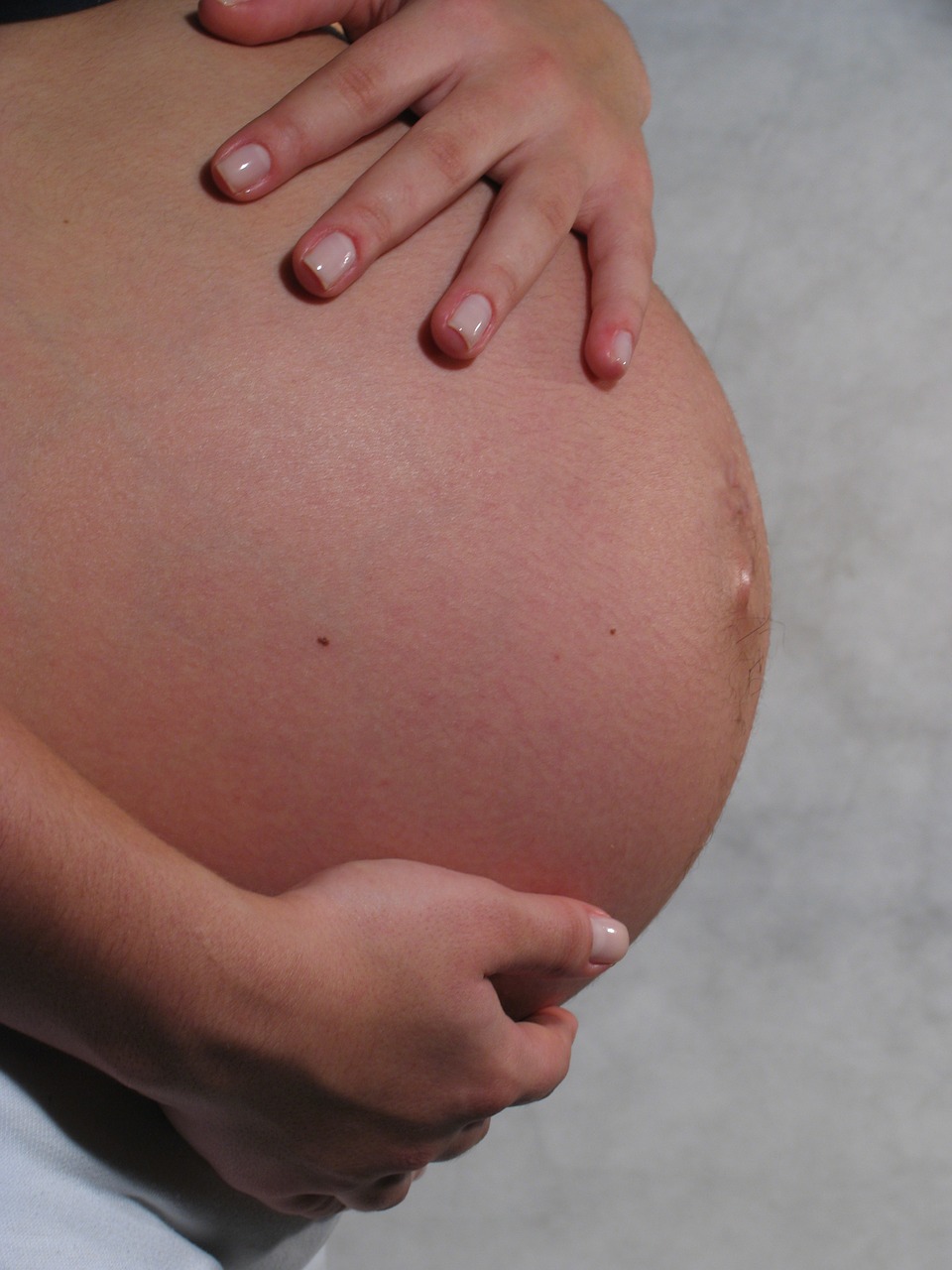
As technology has advanced, it's become easier for women to feel more and more connected to their unborn babies.
With ultrasounds, 3D ultrasounds, smartphone apps, and more, moms have become accustomed to knowing everything about their little one's development along the way.
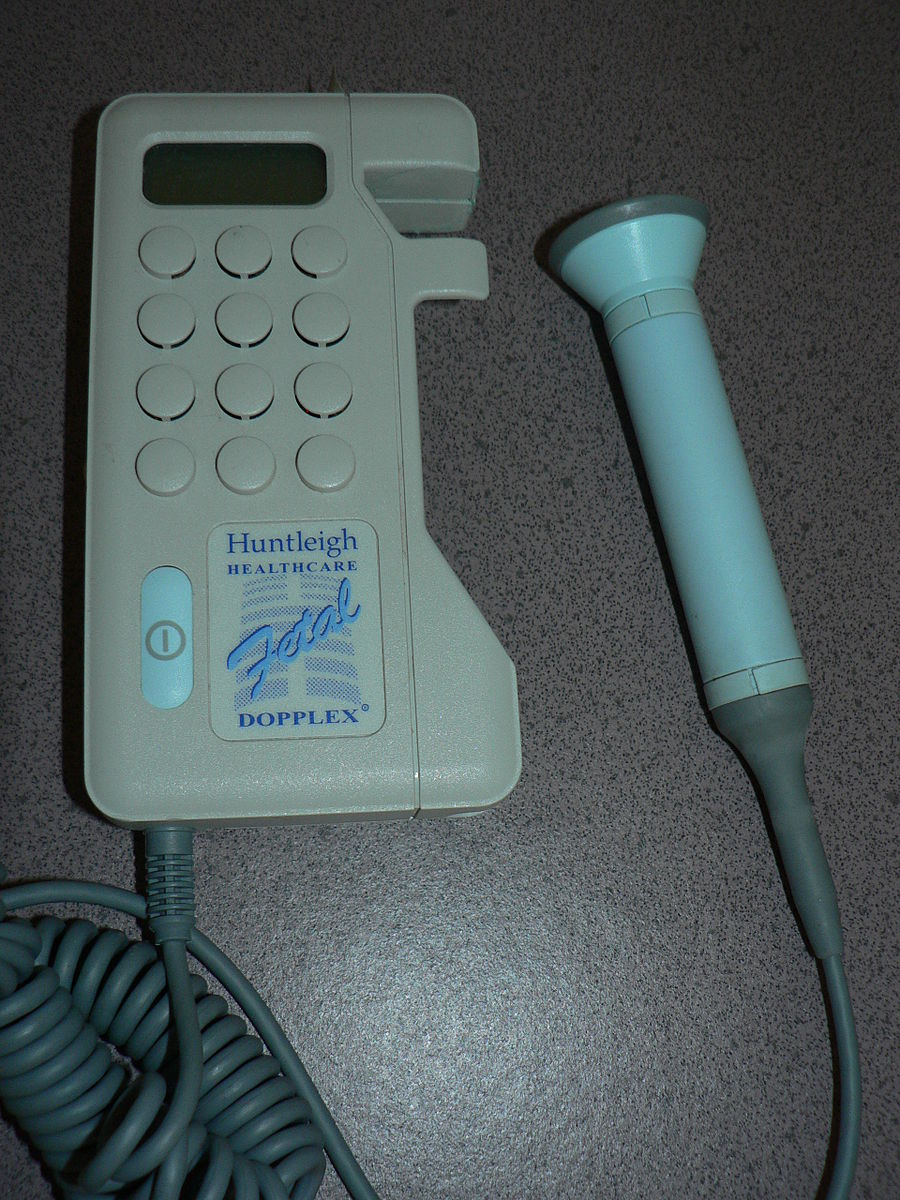
But a new pregnancy trend could actually be putting fetuses at risk.
Recently, companies all over the world have started selling at-home fetal heart-rate monitors. This sounds like it should be harmless, but because people don't know how to use and interpret them, they're putting babies' health at risk.
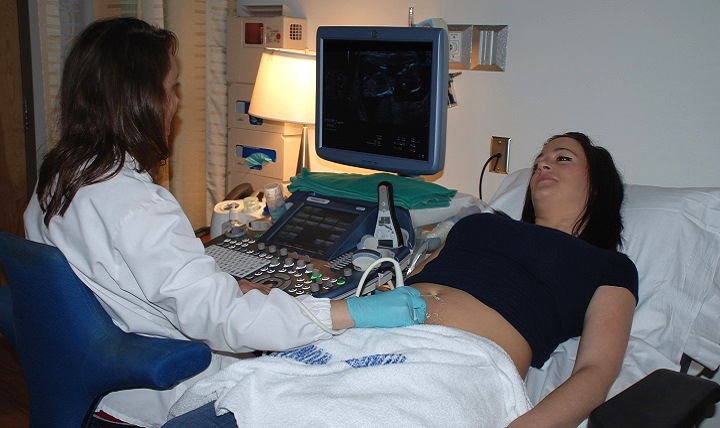
You might be thinking: "But nurses and midwives use fetal heart rate monitors all the time, how could they be dangerous?"
And you're right: Doctors, nurses, and midwives all use Dopplers to check the health of fetuses, but they have years and years of training on how to use these devices properly and interpret the results correctly.
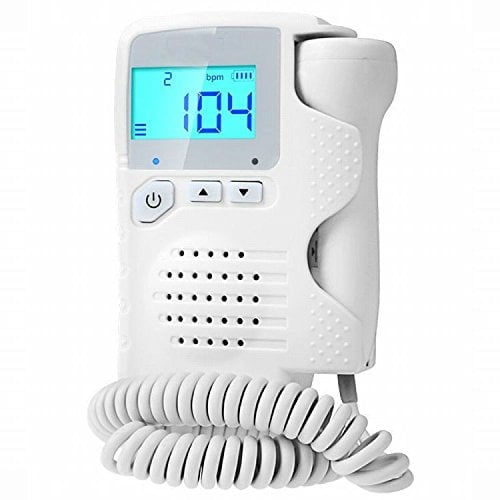
Elizabeth Hutton, CEO of a stillbirth charity called Kicks Count, started a petition in the UK to ban the sale of at-home heart-rate Dopplers.
In her petition, Elizabeth explains:
One of the issues around home Dopplers is midwives and doctors train for many years to interpret what they hear; an untrained pregnant woman does not have the necessary skills.
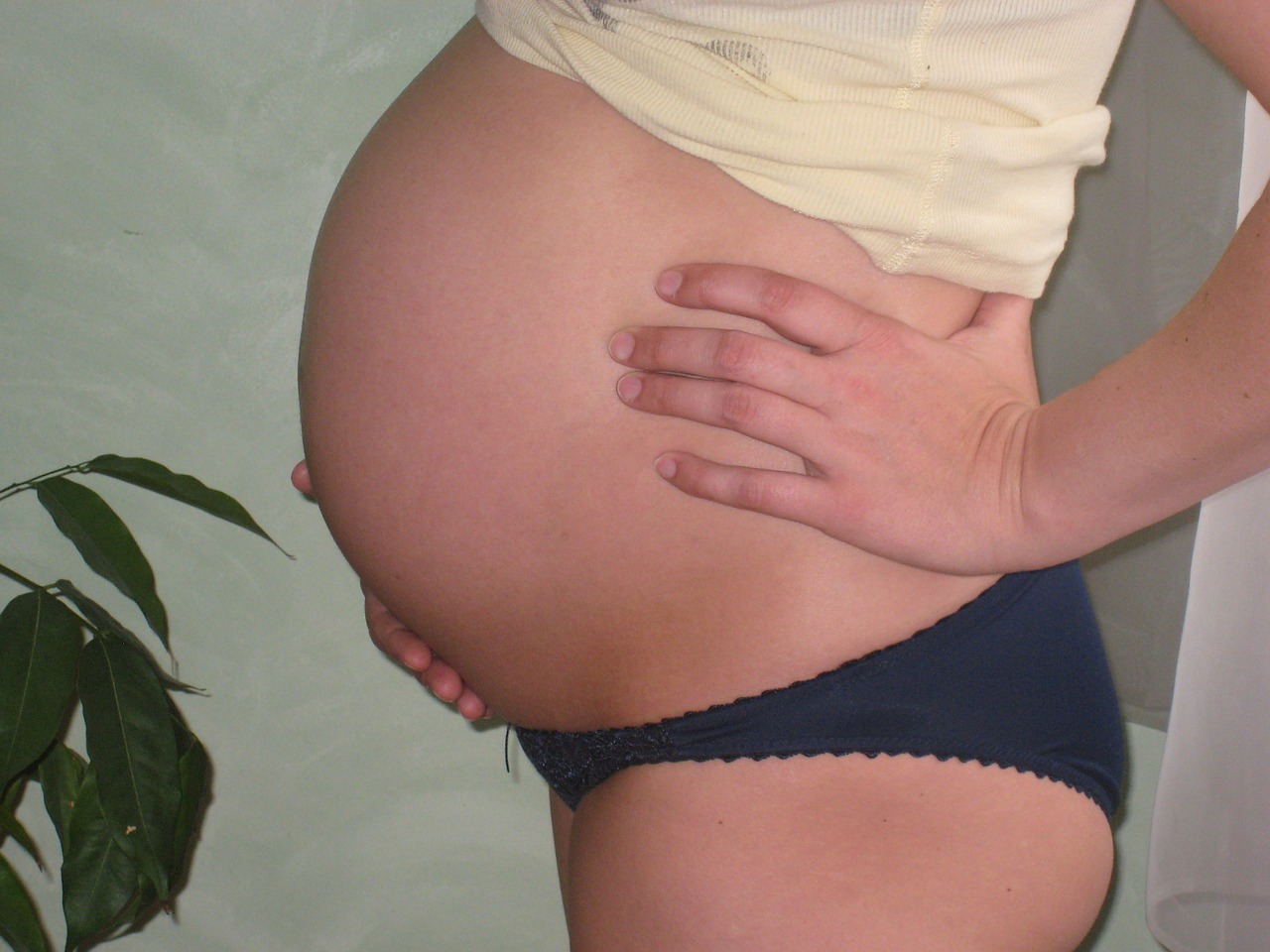
Another important issue is that women can be falsely reassured when using a home Doppler. If they notice a change in their baby’s movements but find a heartbeat, they may delay seeking vital medical attention.
The presence of a heart beat does not mean the baby is well, only that it is still alive. If the baby is in distress, this is when medical attention should be sought. Waiting until they can no longer find a heartbeat means it is sadly too late to save that baby.
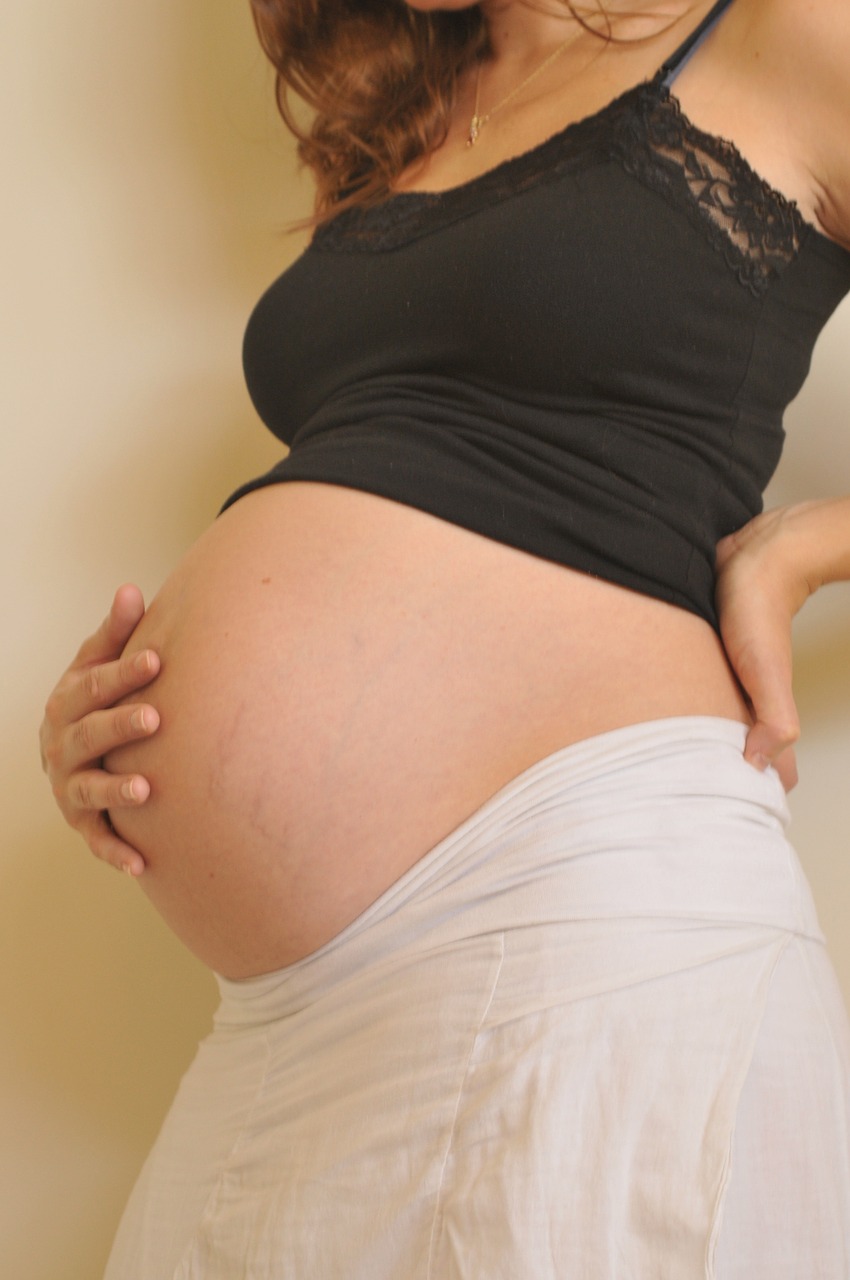
If you saw someone collapsed in the street, would you check [to see if] they had a heartbeat and walk away? Or would you call an ambulance?
We should be encouraging all mothers, if they are concerned about their baby, to contact medical professionals immediately, not just check for a heartbeat.
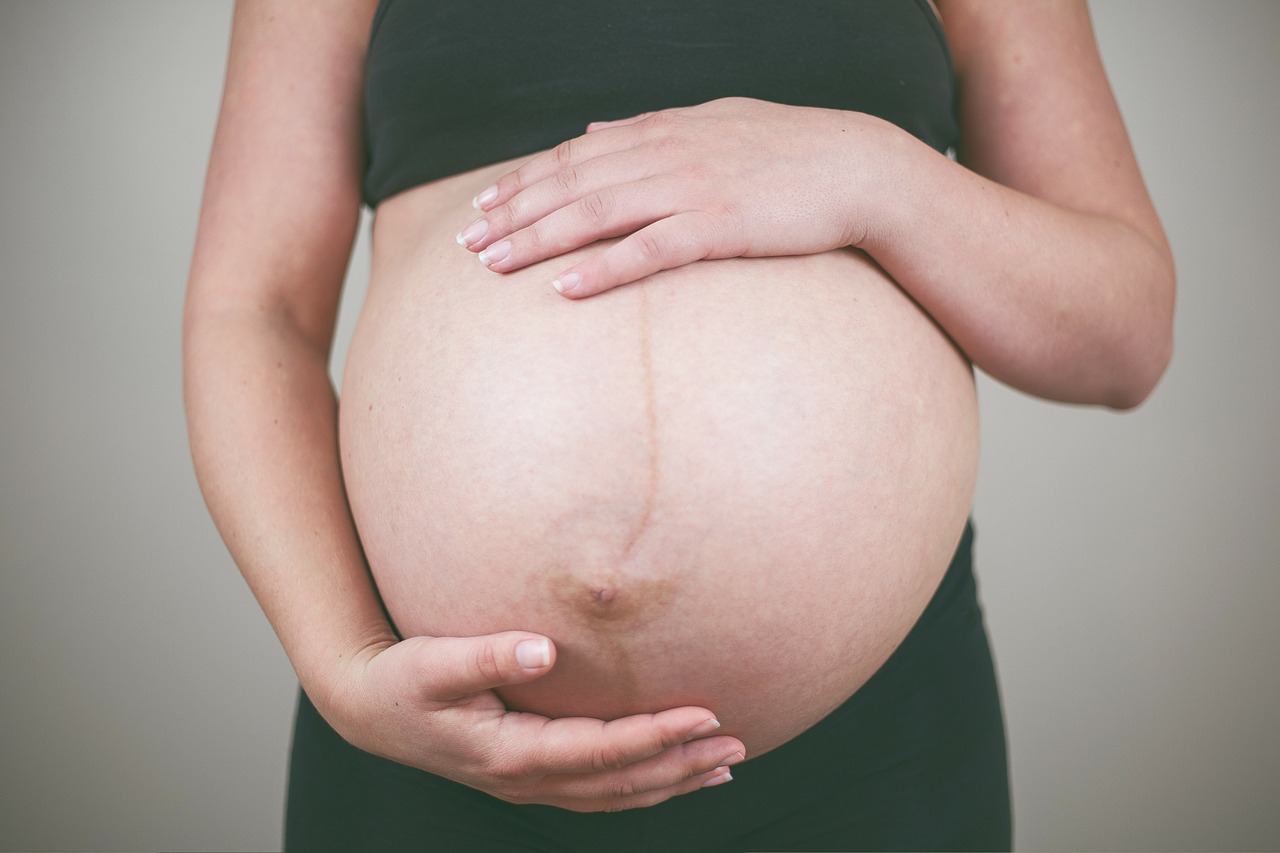
Another possibility with these monitors is that the mothers will not hear a heartbeat even when the baby is fine — this can lead to unwarranted stress, which can raise the mother's blood pressure and lead to premature births.
A perfectly healthy baby might be put in unnecessary danger if Mom panics and her emotional distress impacts the baby.
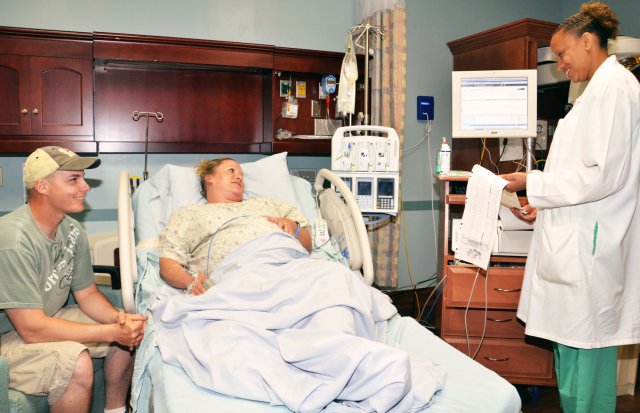
Please SHARE this article to inform other moms about this possible risk!




